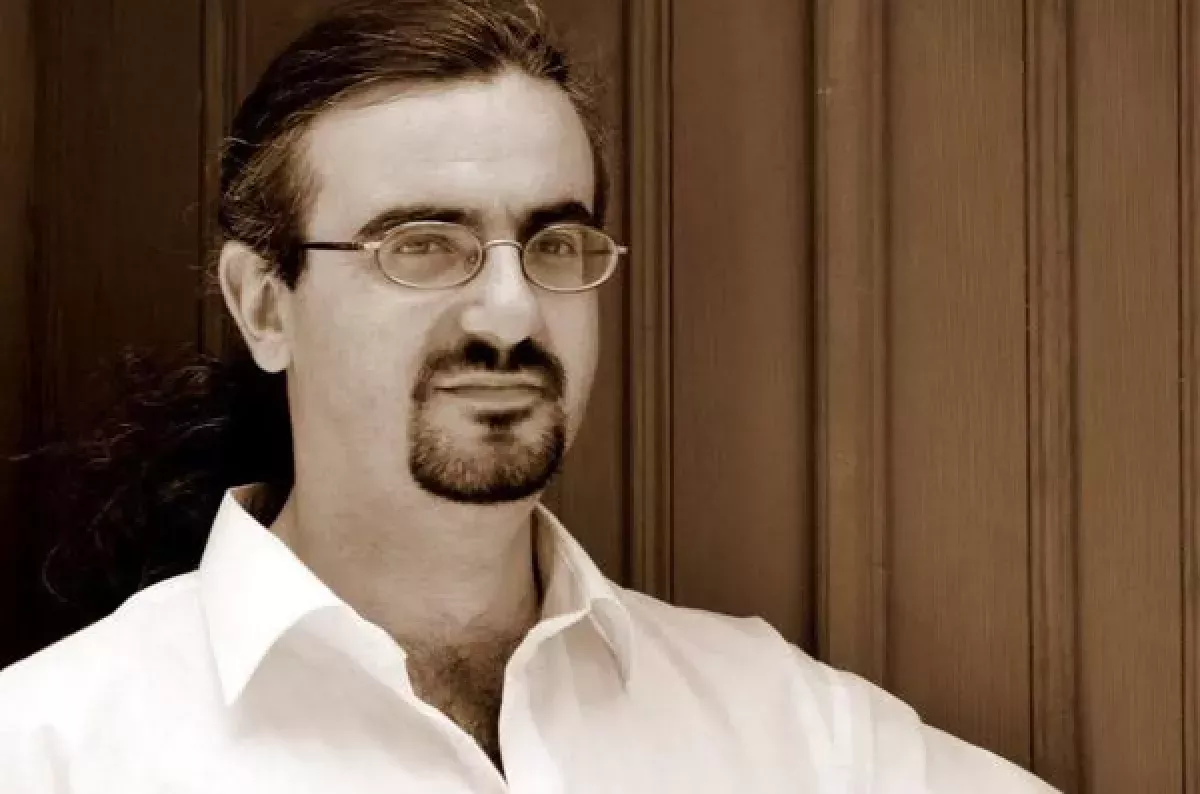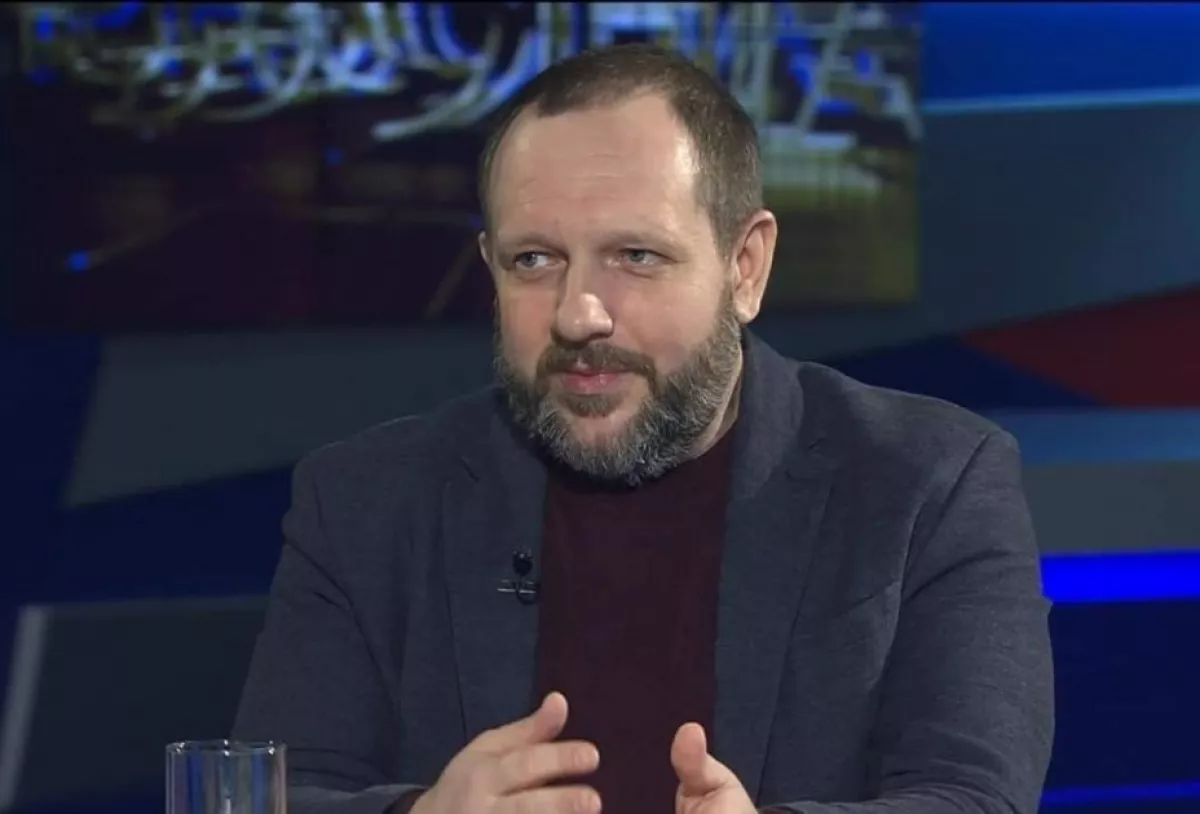Israel vs Iran: What is the war really about? Expert insights on Caliber.Az
The conflict in the Middle East appears to be reaching a critical turning point. Civilian casualties are mounting on both sides — in Iran and in Israel. Beyond the targeted strikes on Iran’s nuclear, military, and economic infrastructure, the country’s military leadership has sustained severe losses, with the list of Iranian generals reportedly eliminated by Israeli forces growing almost daily.
In a bold statement, Israel recently claimed to have achieved air dominance over Iran, asserting that the adversary’s air defences have been virtually dismantled. Meanwhile, Tehran counters with its own narrative, claiming that its ballistic missiles have successfully breached Israel’s Iron Dome and other air defence systems, delivering devastating blows to Israeli cities.
Some analysts, in light of Iran’s mounting losses, are suggesting that a change of leadership in the country may be on the horizon. Israel, however, remains unwavering in its objective: the complete destruction of all Iranian nuclear facilities. Yet, the feasibility of this goal remains in question — how can deeply buried nuclear sites hidden in Iran’s mountainous terrain be entirely eliminated?
Experts are divided on this issue, particularly given the uncertainty surrounding potential U.S. involvement. Washington possesses the specialised weaponry — powerful bunker-busting bombs — needed for such a task, but has yet to commit to joining Israel's operation.
Israeli and Russian political analysts shared their perspectives on the evolving dynamics of the Israel–Iran standoff with Caliber.Az.

According to Israeli journalist and Iran expert Mikhail Borodkin, Israel’s objectives remain unchanged — to destroy Iran’s nuclear programme and thereby prevent Tehran from acquiring nuclear weapons.
“Regime change is not the task of external powers; that is a matter for the Iranian people,” he said. “As for Iran’s nuclear facilities — there are many, but not an infinite number. Therefore, all scenarios are on the table, provided there is sufficient capability and political will. It is clear that Israel’s plan was developed specifically to dismantle Iran’s nuclear programme. The military and intelligence services know what tools to use and when to use them to achieve that goal.”
In his view, Iran does not even have control over its own airspace — let alone Israel’s. “So when Tehran claims to control the skies over Israel, these are just bold statements far removed from reality,” the political analyst stressed.
“But unfortunately, there is no such thing as a flawless air or missile defence system capable of intercepting 100 per cent of incoming rockets. Something is bound to get through,” Borodkin noted. “Since Iran is using large, heavy ballistic missiles and targeting densely populated areas, even a single missile that breaches defences can cause significant destruction. For example, on the morning of June 19, an Iranian missile struck Soroka Hospital in Be’er Sheva, resulting in severe consequences.”
The expert also believes that forecasts of an imminent regime collapse in Tehran are premature.
“Military defeat on its own doesn’t necessarily lead to regime change — we’ve seen that in numerous cases, starting with Saddam Hussein,” Borodkin explained. “However, if the war ends up dismantling Iran’s internal repressive apparatus, then anything is possible. Much will depend on how the conflict unfolds — whether civilian casualties continue to mount, and so on.”
Russian political analyst Vitaly Arkov — an expert on the South Caucasus and the Middle East, and founder of the expert-analytical network PolitRUS — believes that Western strategists often lack originality and tend to recycle familiar, time-tested scenarios.

“As we recall, the pretext for military aggression against Iraq was the alleged possession by Saddam Hussein’s government of weapons of mass destruction and plans to use them,” Arkov said. “The image of then-U.S. Secretary of State Colin Powell holding a vial at a UN meeting became emblematic. Today, the justification for military action against Iran is once again the alleged possession of weapons of mass destruction — only this time, nuclear. And the operation began just days before the next round of negotiations between Tehran and Washington, during which a major agreement was expected to be signed. It’s hard not to wonder whether the entire nuclear deal narrative was simply a smokescreen for preparing real plans against the Islamic Republic — an attempt to lull the IRGC into complacency.”
According to Arkov, the envisioned future for a “liberated from dictatorship” Iran is strikingly similar to the scenarios previously imposed on Iraq, Libya, and Syria — violent democratisation followed by de facto external governance through a puppet government.
“The fact that each of these countries was plunged into years of bloody civil war driven by religious and ethnic divisions, and pushed into economic ruin — those are not just ‘collateral damages’, but in fact, part of the intended outcome,” the analyst said.
Essentially, Arkov argues, we are witnessing a new wave of "crusades" against the Muslim East — part of the Global South, which in recent decades has grown strong and advanced to the point of posing a serious threat to the global West. The political elites of the United States and Europe, he says, have long assumed the self-appointed right to govern the world. Unlike in the Middle Ages, these actions are no longer led by Christian clerics — the Papacy, at least publicly, now expresses concern and calls for peace.
“This brings us to one of the key targets of the West’s military aggression against Iran,” Arkov asserts. “Who is the real message intended for? The Chinese. Our Chinese comrades have long established mutual understanding with the Iranian clergy, using Tehran as a channel to advance their regional interests. The military campaigns — first against Russia via Ukraine, and now against Iran — are both elements of a much broader project aimed at weakening China.”
“The ‘mullah regime’ is not just a label for Iran’s ruling elite,” Arkov explained. “Shi’a Islam forms the ideological foundation of modern Iranian statehood and serves as the cement of civil society. Despite the rigidity — and at times brutality — of existing laws, and notwithstanding the grievances many Iranians may have toward their government, the overwhelming majority will rally in defence of their identity and religion. They fully understand that the real target of this war is not the nuclear programme, but the core pillars of their national and cultural existence.”
According to Arkov, Iranians are not fighting out of fear of the IRGC or loyalty to Ali Khamenei — they are fighting for Iran’s survival as an independent state and for the future of their children. “Friendly nations are helping them in this struggle, including through the supply of modern weaponry.”
“We can only hope that the leaders of major world powers, who have declared their willingness to mediate, are genuinely committed to peace — and can convince Netanyahu, as a tool of this war, along with its true beneficiaries, of the urgent need to end it. No political ambition is worth the life of even one child — and the number of children killed is already in the dozens,” Arkov concluded.








